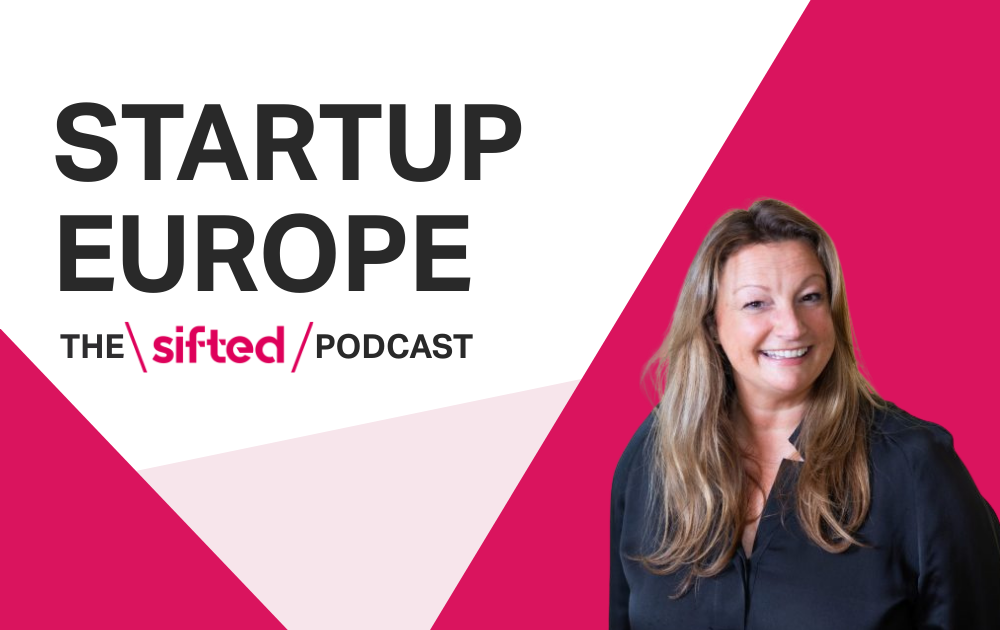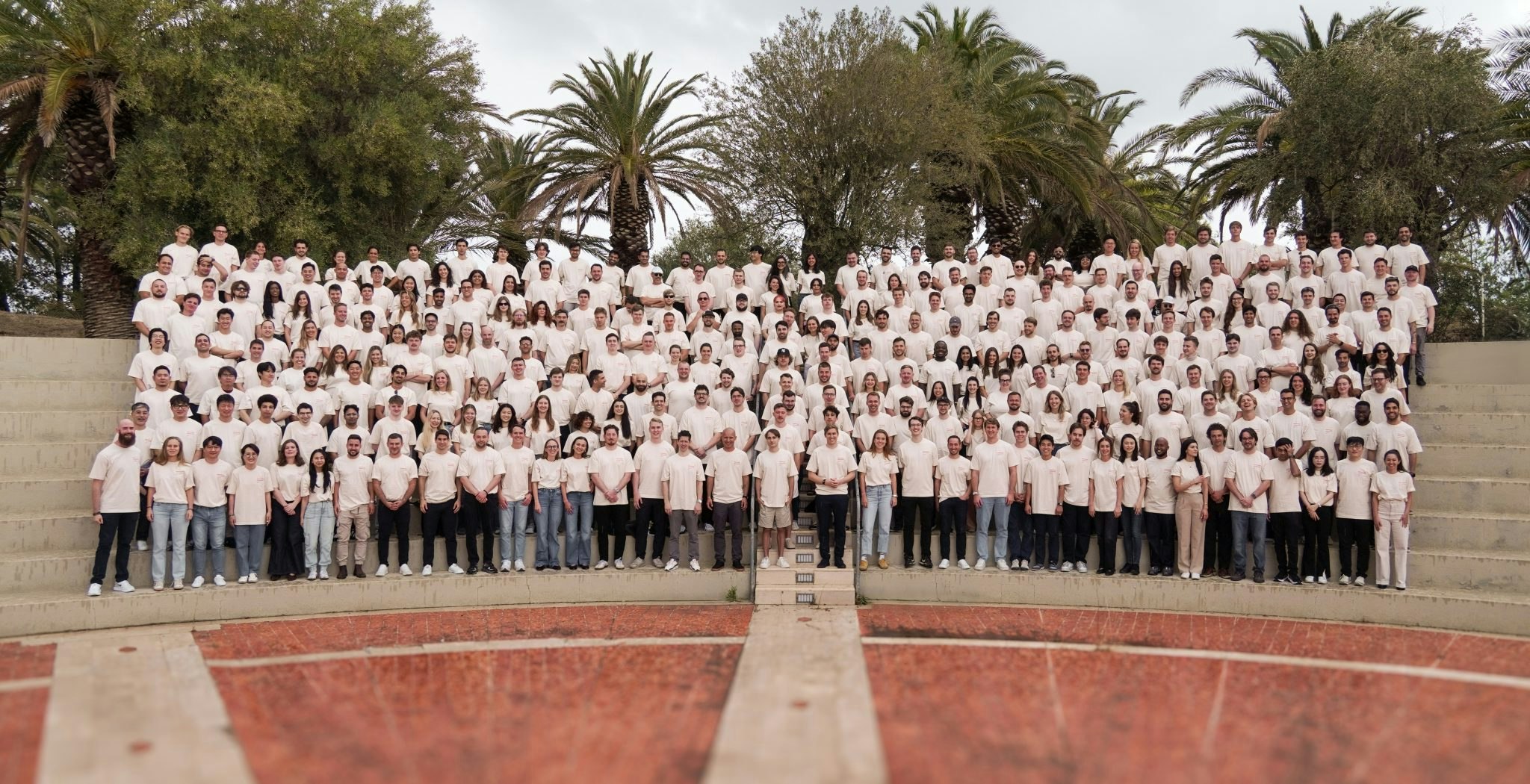There are now officially more tech roles than there are people to fill them — making it one of the most challenging and competitive hiring markets founders have ever faced.
While there is no silver bullet to win the war for talent, one way to beat the odds is to take greater risks with hiring. In practice, that means shifting away from searching for the "perfect employee" to hiring outside the box.
By being bolder and braver with their hiring practices, founders and operators can access a greater range, depth and variety of talent and build a more diverse workforce. But how?
Consider career changers, non-industry experts and part-timers
Keeping yourselves to a cookie-cutter approach (industry experience + VC experience + top-tier education) is limiting, and if you’re honest, at times also unrealistic.
Think outside of the box when it comes to the type of people that you employ, and how you employ them, looking for skills over qualifications. Understand what the non-negotiable skills are, and stay open to skills being transferable. For example, stay open to someone who is moving from a corporate role to the startup space, someone who is changing industries, or working parents who have great skills but can only commit to working three days a week.
Part of building a community is to find people who are passionate about solving the same problem as you
This was the approach we took when hiring James Buckley-Thorp, CEO and founder of life insurtech Bequest. In 2015, Buckley-Thorp’s friend lost his life in a road accident, and it was seeing the difficulties faced by his family in the aftermath of his death that inspired James to lead the company. The fact that he didn’t have insurtech experience has made him great at spotting candidates outside the sector; most of the team of 10 are also from outside the insurtech sector.
Build a talent community
Given that the hiring process can take up to eight weeks — or more in the current competitive climate — startups should ABH (always be hiring), job vacancy or not. Build a list of talent in your industry. They might not be looking for a new job today, but they might tomorrow.
Part of building a community is to find people who are passionate about solving the same problem as you. Share relevant articles, host events or roundtables, introduce the thought leaders on your team — over time, you’ll start to build an audience of people who learn from you or find your content engaging.
These are all people who you will be able to reach whenever it is time for you to hire. Remember that it’s a long-term strategy and it’s give and take. Be sure to provide value for the community you build, and you’ll start to find that people will come forward wanting to work for you. Other startups we work with are tapping Slack channels, Reddit communities and even TikTok pages.
Actively mitigate biases in your interview process
In a market driven by candidates who can choose to work at a company that reflects their values, actually having a diverse team can be a winning advantage.
If you are like some of the many not-so-diverse tech companies out there, it’s going to be hard to right the diversity deficit. You’ll be fighting against implicit biases on your team. That’s where blind hiring practices — where founders block out any personal information at the beginning of the hiring process — can help.
What is important is to think about what makes sense for your team and aligns with the culture that you’re looking to nurture
A travel tech founder I know has adopted a quasi-blind hiring approach, putting much more emphasis on reviewing a candidate’s cover letter, role-related task performance and motivations than a candidate’s CV or LinkedIn profile. She doesn’t even look at the candidate name in the first stage, and instead looks at motivations and transferable skills over qualifications.
Make the most of flexible working
Remote working is now a common benefit, so startups need to think further and craft flexible and inclusive benefits to stand out and attract talent.
Some of our portfolio companies have implemented a “choose your own bank holidays” policy. Going home to the US this Christmas, I even noticed that many US firms are also now offering this. In practice, each employee gets eight days (coming from the eight bank holidays we typically get here in the UK) to choose whichever holidays they would like to observe. This has had incredible uptake given not everyone celebrates Easter or Christmas.
Beyond that, some other ideas are offering a remote-working allowance, salary sacrifice schemes for cycling or nursery, asynchronous working, mental health days… the possibilities are endless. This gives employees the space to live their lives outside of work — for instance, they might have more time to be a parent, energy to take up more hobbies, sleep in if they are a night owl.
A company that I think does this impeccably is Whereby. They are a fully remote team and refer to it as “Everywhere HQ”. Beyond that, they live and breathe flexibility and transparency in the way that they operate as a company, and have open-sourced their people frameworks so others can learn from them too.
What is important is to think about what makes sense for your team and aligns with the culture that you’re looking to nurture. The truth is that employees will be more willing to work with you if you have benefits that give them the flexibility to enjoy their lives outside of work, so building flexible ways of working is bound to help you attract more talent.



